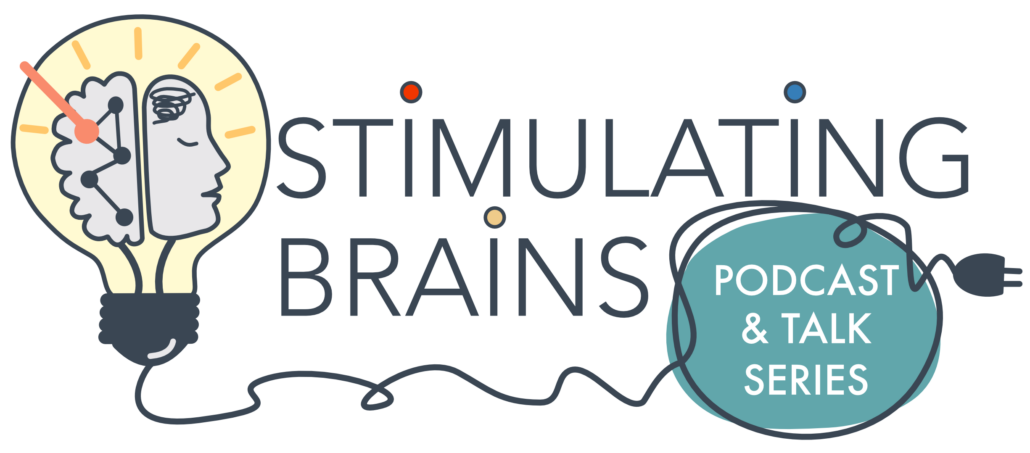Mallory Hacker is an Assistant Professor for Neurology in the team of David Charles, who is Professor of Neurology, Vice-Chair for Business Development and Strategy, as well as the Medical Director for Telehealth at Vanderbilt University Medical Center in Nashville, Tennessee.
#57: Mallory Hacker & David Charles – Could DBS be slowing motor progression if applied very early?
Mallory Hacker is an Assistant Professor for Neurology in the team of David Charles, who is Professor of Neurology, Vice-Chair for Business Development and Strategy, as well as the Medical Director for Telehealth at Vanderbilt University Medical Center in Nashville, Tennessee.
In 2006, after a stay at Alim Louis Benabids team in Grenoble, France, David started to investigate the question of whether subthalamic DBS could lead to slowing of motor progression in patients with early stages of Parkinson’s Disease. In a one-of-a kind trial, he collected data on the first patients which were published in 2014.
In subsequent follow up trials, many of which were first-authored by Mallory Hacker, Class II evidence that supports this hypothesis could be established.
It was a great joy to host Mallory in my lab in Berlin in 2022 and we have looked at the effects of lead locations on patients enrolled in the pilot trial. This is what convinced me that there might be something: The few patients that did not progress at all in their motor symptoms after two years were all precisely stimulated at the optimal location within the STN, while the ones that did progress, were more off target. Indeed, these same optimally placed patients had lower stimulation amplitudes and received less medication – but still had a clearly better outcome.
Since the original trial, David and Mallory have been hard at work in trying to secure funding for a phase III pivotal trial, and we discuss how difficult this process has been, but also, that there is hope on the horizon, regarding the next steps!
Key publications about the DBS for early stage Parkinson’s disease trial:
- Charles D, Konrad PE, Neimat JS, Molinari AL, Tramontana MG, Finder SG, Gill CE, Bliton MJ, Kao C, Phibbs FT, Hedera P, Salomon RM, Cannard KR, Wang L, Song Y, Davis TL. Subthalamic nucleus deep brain stimulation in early stage Parkinson’s disease. Parkinsonism & Related Disorders. 2014;20(7):731-737. doi:10.1016/j.parkreldis.2014.03.019
- Hacker ML, DeLong MR, Turchan M, Heusinkveld LE, Ostrem JL, Molinari AL, Currie AD, Konrad PE, Davis TL, Phibbs FT, Hedera P, Cannard KR, Drye LT, Sternberg AL, Shade DM, Tonascia J, Charles D. Effects of deep brain stimulation on rest tremor progression in early stage Parkinson disease. Neurology. 2018;91(5):e463-e471. doi:10.1212/WNL.0000000000005903
- Hacker ML, Turchan M, Heusinkveld LE, Currie AD, Millan SH, Molinari AL, Konrad PE, Davis TL, Phibbs FT, Hedera P, Cannard KR, Wang L, Charles D. Deep brain stimulation in early-stage Parkinson disease: Five-year outcomes. Neurology. 2020;95(4):e393-e401. doi:10.1212/WNL.0000000000009946
- Hacker ML, Rajamani N, Neudorfer C, Hollunder B, Oxenford S, Li N, Sternberg AL, Davis TL, Konrad PE, Horn A, Charles D. Connectivity Profile for Subthalamic Nucleus Deep Brain Stimulation in Early‐Stage Parkinson’s Disease. Annals of Neurology. Published online May 13, 2023:ana.26674. doi:10.1002/ana.26674







